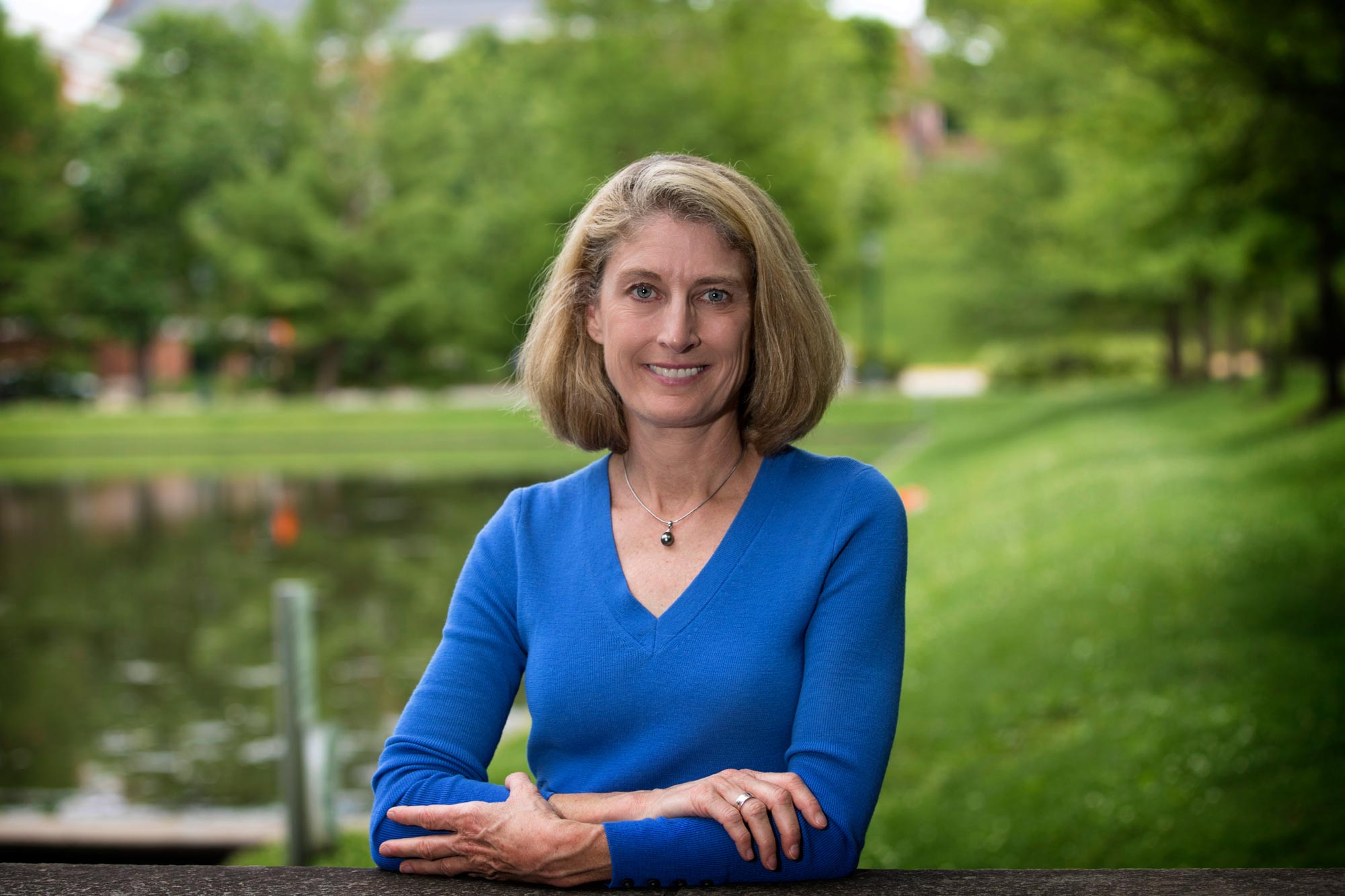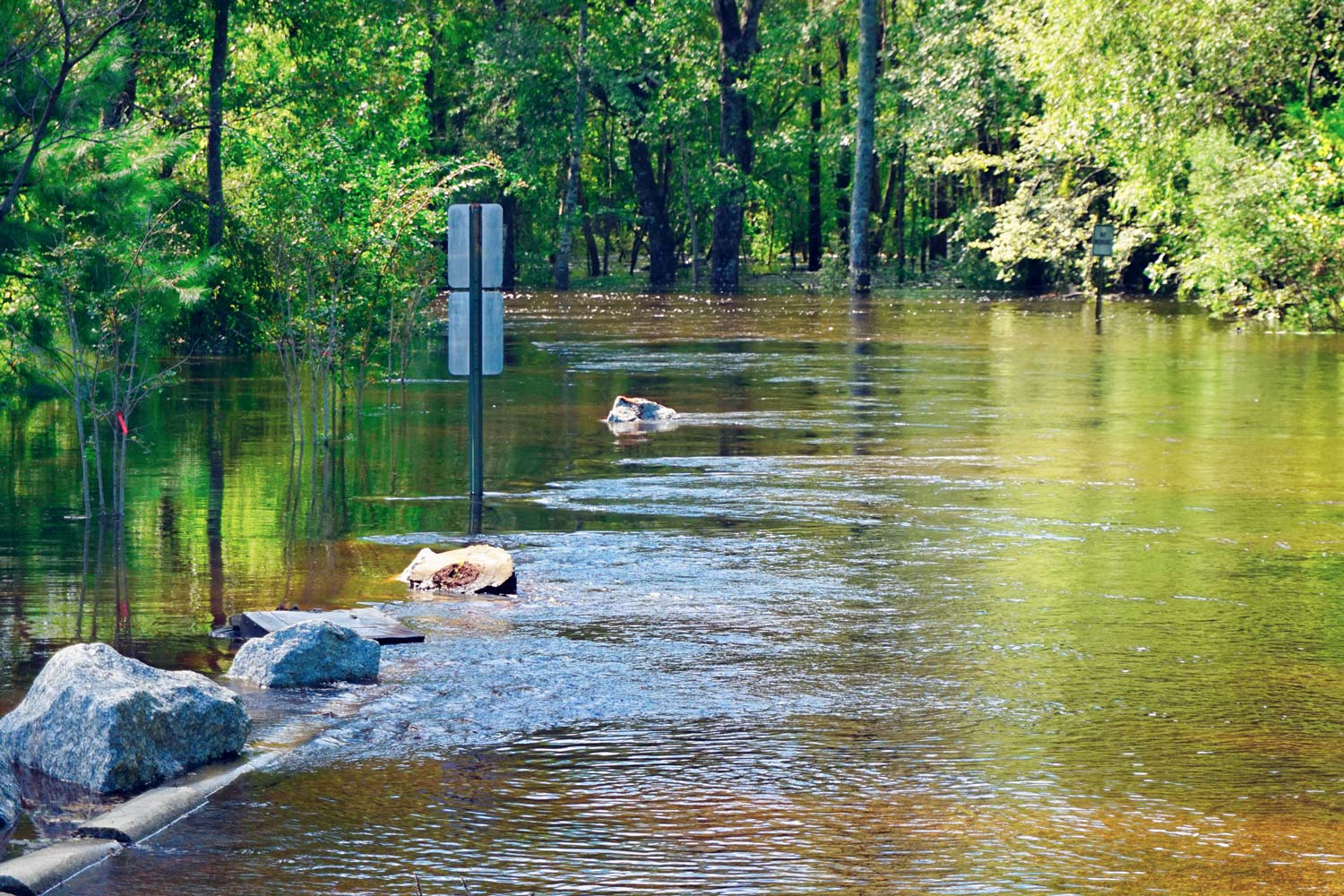When Hurricane Florence approached the southeastern U.S. coast last month as a Category 4 storm, people in its path knew disaster was on the way. But how would they respond? Evacuate? Take shelter? Hope for the best? Cope?
How would governments respond? And how would ecosystems and infrastructures hold up?
University of Virginia researchers from a range of disciplines are seeking answers to those questions and more to help better inform future decisions by governments, communities and individuals, thanks to six Rapid Response Grants of up to $15,000, each provided by the UVA Environmental Resilience Institute.
“We realized that this was an opportunity, albeit an unfortunate one for those involved, for the University to embark on a series of studies that ultimately could tell us much about human and natural resilience in the face of major environmental events, which will become more common as the global climate changes,” institute director Karen McGlathery said.
Funded projects include:
- Developing better methods for understanding flood vulnerability in Central Virginia.
- Modeling what flooding could look like in the increasingly flood-prone Hampton Roads region of Virginia, in order to improve transportation resilience.
- Understanding the effects of hurricanes on economic activity, to identify areas that are most vulnerable.
- Assessing the prevalence of price gouging on gasoline in the aftermath of hurricanes.
- Quantifying how water quality rebounds after a major flooding event.
- Understanding the role of the arts in hurricane resilience, a project that will connect Puerto Ricans hit by Hurricane Maria with those impacted by Florence in South Carolina.
The grants are providing seed funding for researchers to use existing data and to expand on it with new data focusing on the aftermath of storms, to better inform preparations and responses to natural disasters broadly. The intention is that some of the studies ultimately will win sizable external grants to expand the scope of the work to mitigate damage and long-lasting impacts from storms and floods.

Karen McGlathery directs the Environmental Resilience Institute, which is providing the seed grants to study the aftermath of storms and hurricanes. (Photo by Dan Addison, University Communications)
“We are working to accelerate the discovery of solutions to challenges where environments and societies intersect, particularly in light of expected increases in flood and drought frequencies as the climate changes,” McGlathery said. “This is an example of how the University can contribute to the well-being of people in communities broadly through our multidisciplinary research.”
Institute researchers are using a range of tools, from computer models to new sensors, big data analysis, adaptive architectural design, creative expressions and other methods to understand and predict human behaviors when the environment changes, whether gradually or when sudden disaster strikes.
The institute draws on faculty, postdoctoral fellows and students from across UVA, bringing together diverse fields of expertise to understand and help solve the big-picture problems that transcend the academic disciplines. Institute members include environmental scientists, engineers, architects, physicians and nurses, social scientists, legal, policy and business experts, and more.
McGlathery noted that more than half the world’s population lives along coasts and the rivers that feed into them – areas that are particularly vulnerable to storms, flooding and water quality issues, demonstrating the importance and value of innovative resilience research.
“Rapid Response Grants allow us to be nimble, to conduct time-sensitive research that is relevant to the problems we face today, and will face increasingly – and will help in decisions and policies that lead to a better future,” she said.
To learn more about the projects, click here.
Media Contact
Article Information
October 4, 2018
/content/rapid-response-grants-speed-study-hurricane-florences-effects

